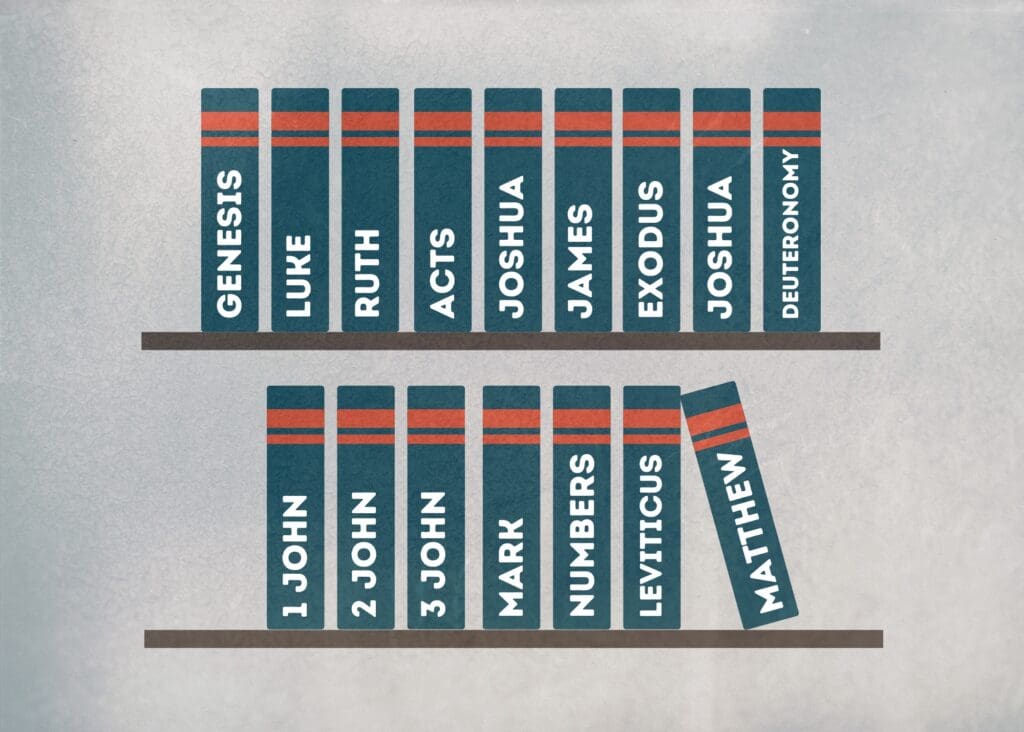“…he shall restore it in full and shall add a fifth to it, and give
it to him to whom it belongs.” (Leviticus 6:5 ESV)
God’s law was clear. A man who stole from or defrauded another man was commanded to make restitution by paying back what he had taken plus 20% — one fifth — as penalty for his wrongdoing.
What wasn’t clear was how to translate this portion of God’s law into the Kawah language.
Some languages use words like “fractions” and “percent” to express the relationship between two quantities. Others do not. Kawah is in the second group. Aside from datcho (one half), Kawah has no words for fractions.
That was a problem. How could the Kawah team translate fractions?
The first suggestion, proposed by the senior national translator Amara, was a three-sentence formula. The other two national translators, Alseny and Raymond, couldn’t follow the lengthy wording, so that idea got nixed.
Next they considered dîme, the Kawah word for “tithe.” However, a dîme isn’t 10%. The religion most Kawah people follow commands a charitable gift (a dîme) of only 2%. So to them, a dîme is only “a small part,” and it’s not a penalty. It couldn’t be used to mean 10%. Even if it could, it was only half the amount that God commanded as restitution, and the Kawah language has no word for “doubled.”
A common practice in the Kawah community provided a way to express the fractions the team needed to translate.
Team Kawah finally settled on this: “Take the full (monetary) value, divide it into five equal piles, and add one more pile.” This description of the amount to be paid — the value of whatever was being restored plus the 20% penalty — could be clearly understood. It works for whatever fractions need to be expressed in Kawah. Dividing items into equal piles is a familiar practice. A Kawah woman selling oranges in the market, for example, does this as she sets them up on her table.
Why did it even matter? Why was it important to communicate “one fifth” correctly, using language everyone could easily understand? What’s the big deal? Just this: Sin — in this case the sin of stealing — has consequences. It tears apart the social fabric and damages our relationship with God. The high penalty God established in His law emphasized that sin is costly. The price the offender repaid hurt financially. It wasn’t merely a dîme, a small part.
Fractions don’t show up in Leviticus only in the context of penalties. Laws about offerings, along with their fractions, show that God expects His people to be known for their generosity. These offerings, too, far exceed a dîme.
Amara, Alseny, and Raymond were glad to be done with “one fifth.” Apparently our Father was, too. He did away with the addition of one fifth and the system it represented by sacrificing His Son Jesus.
May we never forget how much our sins cost. And may we all live generous lives so others will see and ask us about our extraordinarily benevolent God.












